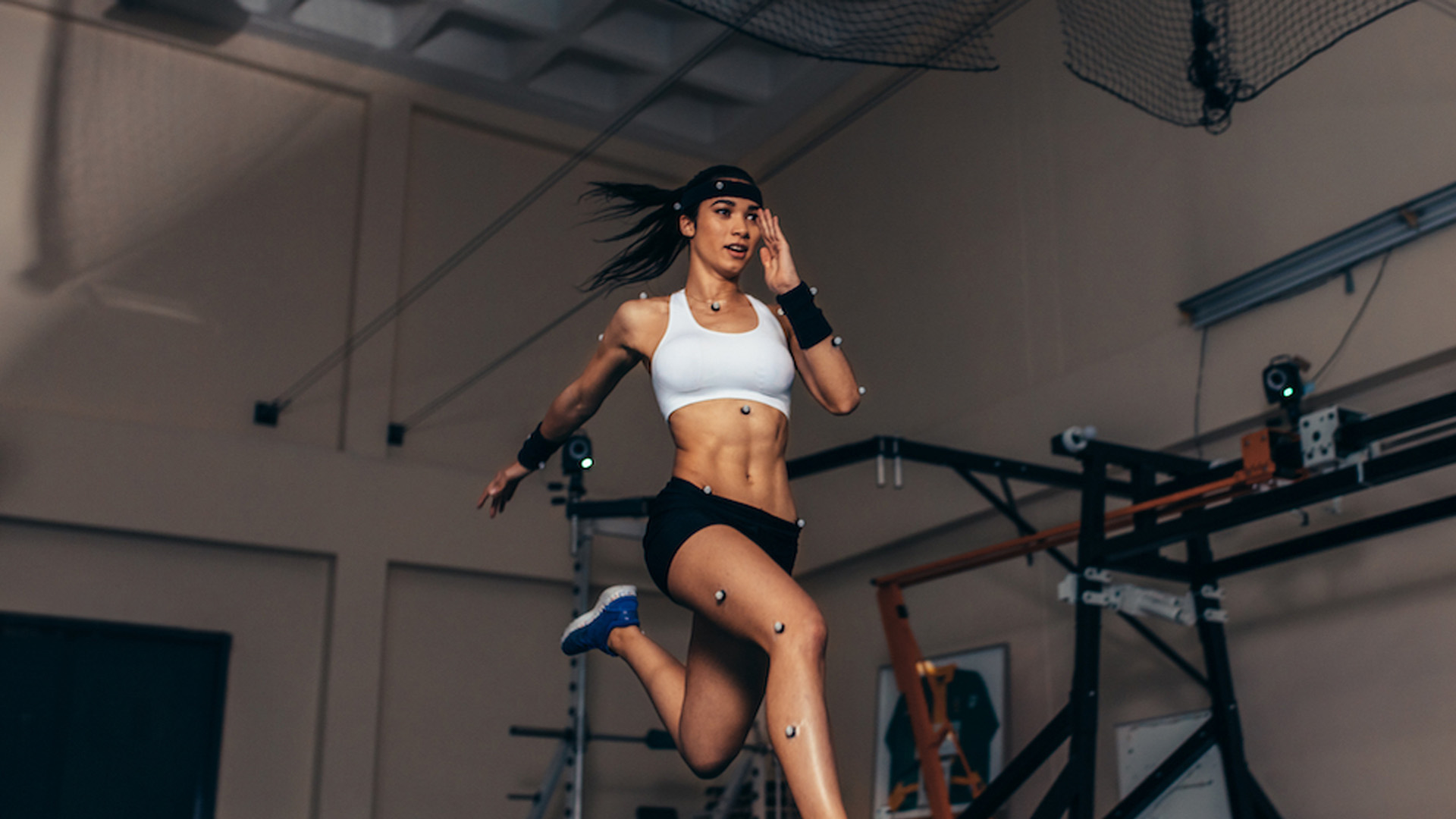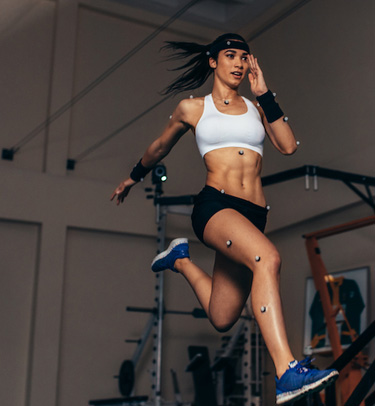If you have been a keen athlete in school or have always been drawn to the world of sports or have shown an interest in health-related topics, a sports, fitness, or wellness-related career might be fitting for you. Sports and exercise science offers individuals several exciting and fulfilling career options. It can be satisfying to nurture athletes’ physical and mental growth, witness clients improve their fitness, or help injured individuals rehabilitate from an injury.
A sports and exercise science degree or diploma covers a wide range of topics, from anatomy to nutrition to psychology – equipping graduates with the skills and knowledge to optimise sporting performance. In this blog, we provide you with information on the curriculum of a sports and exercise science programme, the career options available in Singapore and the entry requirements at PSB Academy.
Sports and Exercise Science Programmes are Multidisciplinary
The diploma or degree programme in sports and exercise sciences will train you to take on several different roles within the sports industry. It is a multidisciplinary course and some key takeaways from a sports and exercise science programme include:
- Learning about basic anatomy
- Understanding biomechanics
- Programming, planning and coaching
- Grasping the research process
- Diving into sports psychology
For example, in one of the main modules, anatomy and physiology, you will be taught about the human body – the bones, muscle groups and nervous system – and its movement and functions. Through this, you will know which muscles are activated to perform common actions when doing sports, such as sprinting or kicking. As a competitive sports coach, you are then in the best position to create training plans or quickly know how to deal with sporting injuries.
Difference Between Sports Science and Exercise Science
It’s important that we distinguish between sports science and exercise science. The study of sports science focuses on enhancing the performance of athletes and the prevention of injuries. This is done through the following:
- Understanding of biomechanical movements involved in different sports;
- Learning physiological responses and adaptations to training;
- Designing an appropriate nutritional plan;
- Planning strength and conditioning programmes;
- Preparing athletes mentally for their competitions
It’s the ‘science behind sports’ and is a field that is important in the professional game setting. If one ventures into this field, they can consider a career in the sports industry.
The study of exercise science covers the same disciplines that sports science does. The difference in the two fields of study lie in the application of knowledge. While sports science focuses on the performance of athletes, exercise science focuses on improving public health and well-being. For this area of specialisation, career options like fitness trainer and gym instructor would be open to you. You may also consider physiology where you help coaches refine training programmes and help athletes with injuries.
Possible Career Paths for Sports and Exercise Science Graduates
1. Sports Psychologist
A sports psychologist uses psychological theories and practises to optimise an athlete’s performance. As an exercise psychologist, you might counsel athletes or conduct workshops in schools to equip sportsmen with mental strategies to reach goals and overcome barriers.
2. Strength and Conditioning Coach
Strength and conditioning coaches train competitive athletes to improve their performance by increasing their strength and speed. Unlike a personal trainer or exercise instructor, who might train people with a range of fitness levels, strength and conditioning coaches specifically train athletes who are preparing for races or games. This could involve developing training programmes that improve an athlete’s power and strength and working closely with sports coaches.
3. Sport Data Analyst
A sports data analyst gathers data, monitoring patterns, analysing statistics and derives insights of an athlete’s performance. For example, the average reaction time of the goalkeeper in soccer or rate of goals and misses in relation to the position the scorer is from the field. Numbers don’t lie, and with this data, coaches are able to plainly see and understand how their sports teams are performing and what they can do to help their athletes improve. This data can also be provided to sports announcers to inform their reporting.
4. Fitness Trainer
Fitness trainers create fitness plans for individuals of all fitness levels. Depending on the individual's current fitness levels, their fitness goals (to become more flexible, tone or muscular) and their needs, a fitness trainer offers advice, plans fitness routines, overseeing exercise performance and tracking progress. They provide recommendations of how to alter behaviours and habits to correct incorrect postures or movements and design training programmes to train muscle groups.
5. Sports Physiologist
A sports physiologist has in-depth knowledge on how what makes up the body – cells, organs, muscles and tissues – directly impacts the performance of an athlete. They know how exercise alters various parts of the body and evaluate how training programmes contribute to the speed and performance of an athlete. To speed up recovery after training or a competition they may advise coaches on how they can adapt their trainings through training interventions.
Prepare for a Professional Career in Sports and Wellness with PSB Academy
Whether you aspire to be a fitness coach, or a sports medicine trainer, PSB Academy readies you to tackle the challenges of the various roles in the sports industry. We offer several sports and exercise sciences diploma and degree options. Or browse our range of sports science courses to find one that is in line with your career ambitions.




 TOP
TOP





